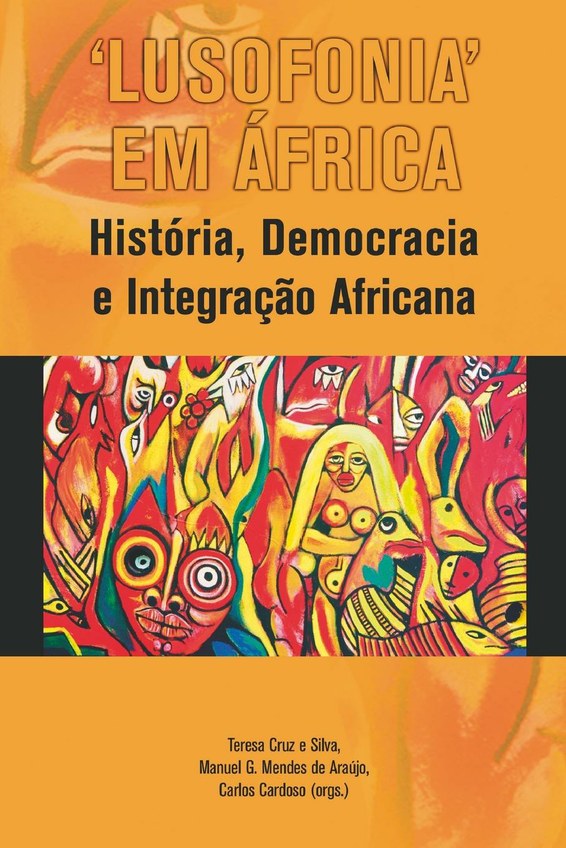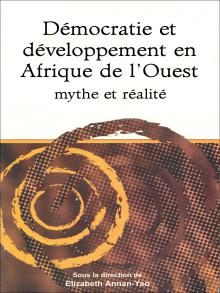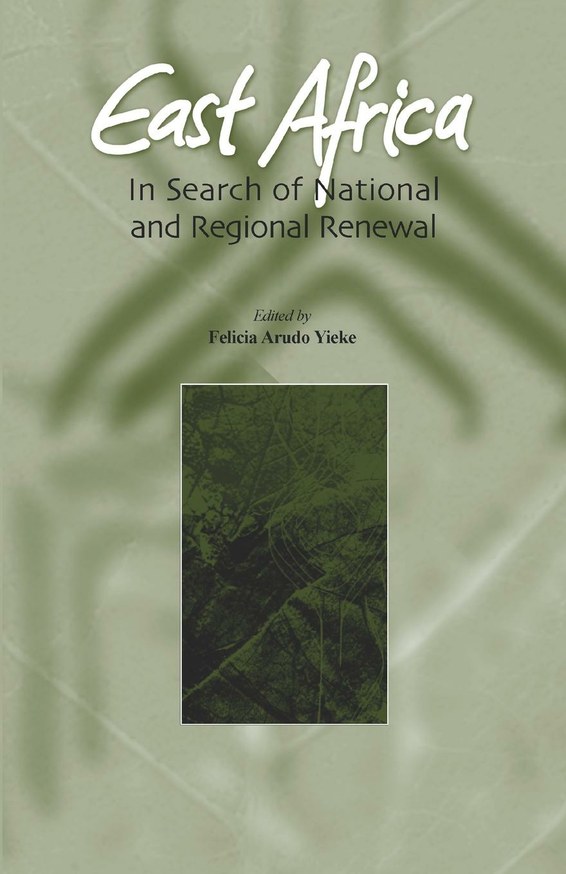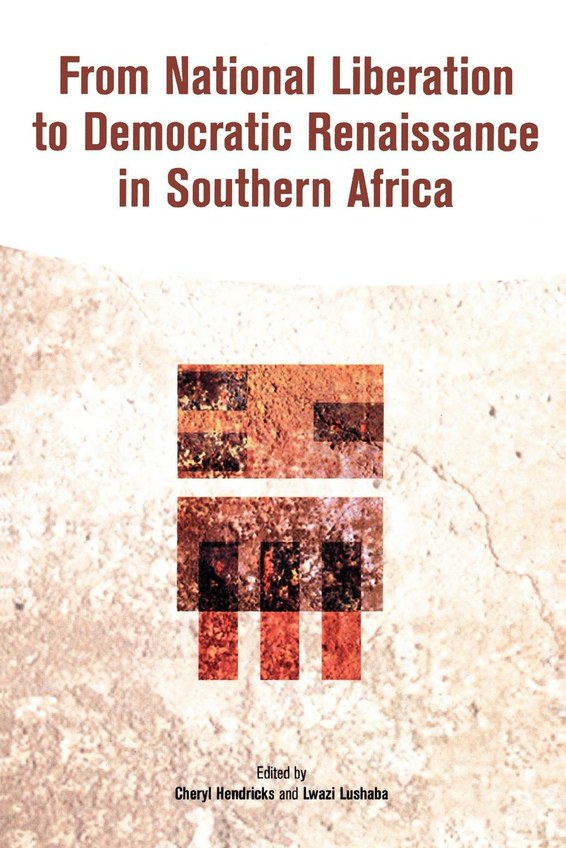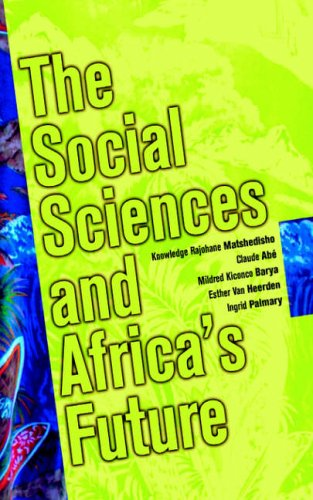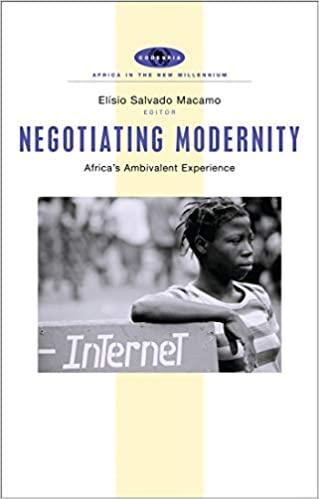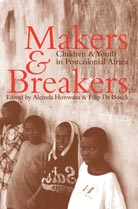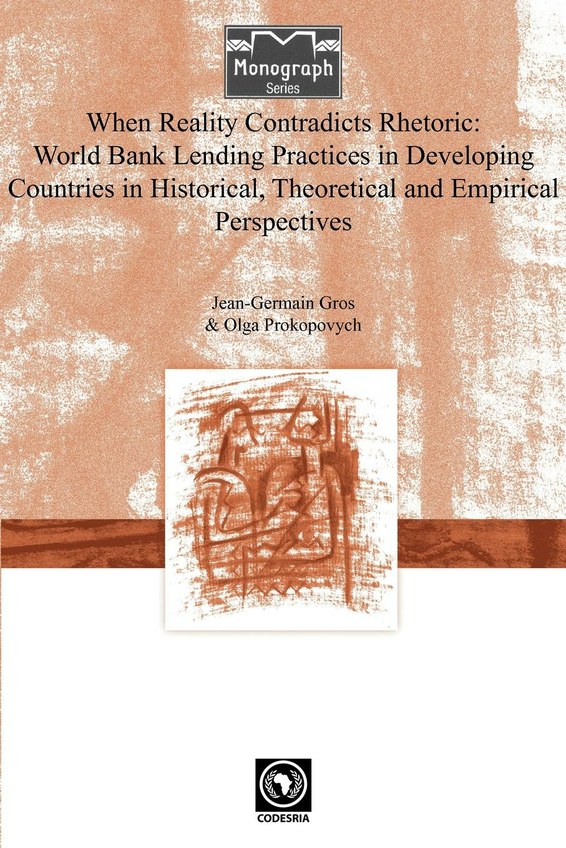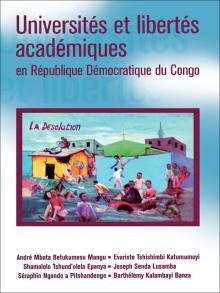“Lusofonia” em Africa: Historia,Democracia e integraçao Africana (Printed)
This innovative work is the first CODESRIA has published in Portuguese, and the first scholarly work the institution has published on the politics, economics and societies of the Portuguese-speaking African countries, authored by social scientists from those countries. In its engagement with the Portuguese-speaking social science communities in Africa, the publication represents an important milestone for CODESRIA, and a symbolic moment in the development of Lusophone studies on the continent. The collection of essays grew out of CODESRIA’s ‘Lusophonia’ initiative, launched at an international symposium in May 2005 which brought together over 60 academics, mostly from the Lusophone African countries, as well as from African studies institutions in Portugal and Brazil, to reflect on the history, democracy and integration of the Portuguese speaking countries. The objectives of the Lusophonia initiative are to give a voice to social scientists from Portuguese speaking countries; centre debates on the priorities identified by the local academic communities; establish an integrated body of researchers based in the Portuguese speaking countries and integrate these into CODESRIA’s wider research programmes to the benefit of the wider research communities; and to strengthen capacity in the social sciences and comparative studies in the Lusophone environment in Africa.
From National Liberation to Democratic Renaissance in Southern Africa (Printed)
Today, much research is being devoted to the key actors and factors of the southern African liberation project: the dynamism of post-liberation statecraft; the pursuit of truth and reconciliation; affirmative action and black economic empowerment; post-liberation identities and xenophobia; the problems and prospects of democratic renewal; post- liberation economics from the point of view of national liberation projects; regionalism, regional initiatives such as NEPAD; the region’s relationship with the rest of the continent; and diaspora linkages.
Negociating Modernity: Africa’s Ambivalent Experience (Printed)
The issues that this volume addresses relate to the ways in which, first, Africans negotiated the terms of this modernity during the colonial period and, then, how today they are coming to terms with it in the post-colonial period. The contributors argue both that the African experience of modernity is unique and, at the same time, relevant for social theory more widely. Not only is it important to describe this experience, but also to acknowledge that such a description may provide African Studies with valuable analytical insights into African social reality. In the course of so doing, cases are presented and issues raised covering new forms of labour, changing notions and norms relating to land rights, religious conversion, internal migration, and even emigration. Indeed, one particularly significant, but often underplayed, feature that has characterised both the colonial and post-colonial periods, and which this book deals with extensively, is the variegated linkages and interactions between Africans in the diaspora and within the continent


